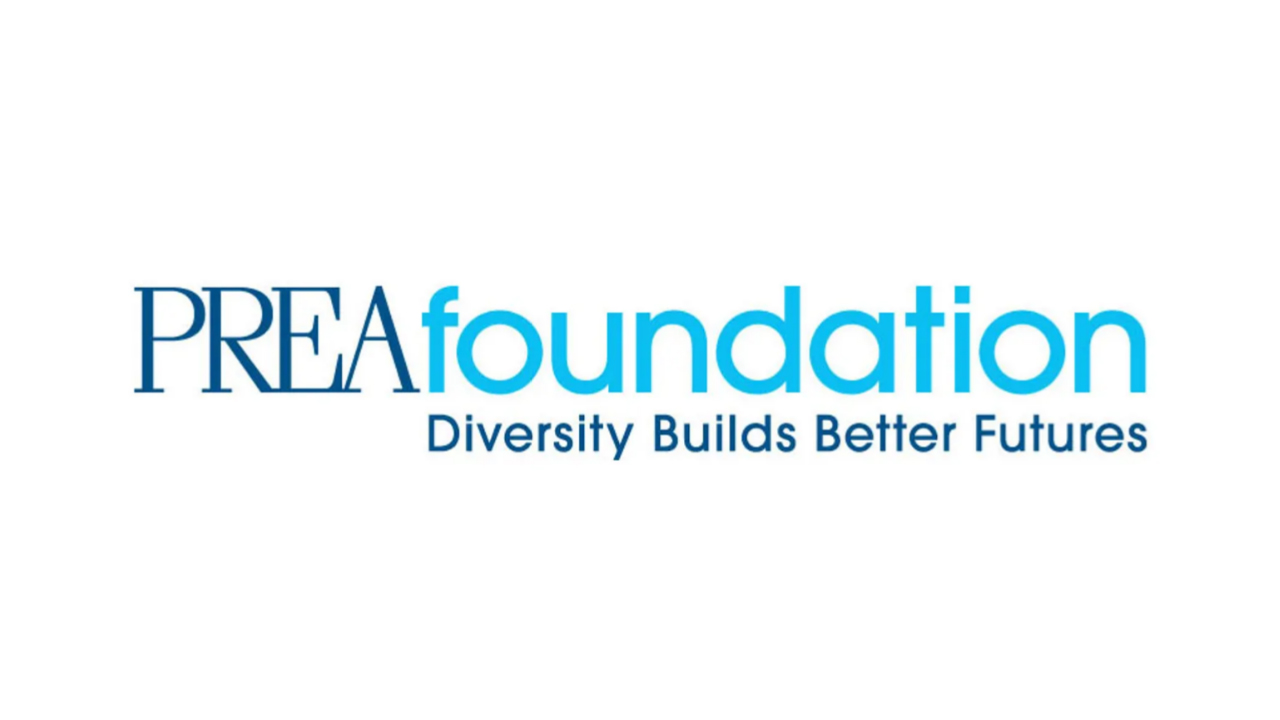Why Are So Many NYC Black and Hispanic Students Denied Access to a Quality Public School Education?
by by William Goodloe, President & CEO of SEO (Sponsors for Educational Opportunity)

After intense opposition from several groups, including from Asian-America Parents, Mayor Bill De Blasio said at round-table on recently, the plan to eliminate the specialized high school admissions test (SHSAT) “didn’t work,” and indicated openness to keeping the exam. Mayor Bill de Blasio has been a strong supporter of eliminating the SHSAT, the sole criteria for gaining access to NYC elite public high schools. The mayor has called the exam flawed and pointed to socioeconomic barriers — such as families not being able to afford tutors or test preparation courses — putting students from poorer families at a disadvantage in their efforts to be admitted to the specialized schools.
Over the summer, I read a New York Times article entitled, How New York’s Elite Public Schools Lost Their Black and Hispanic Students, which highlights the dramatic growth of racial disparities within the city’s highly selective public high schools. The Times article made me think back to my days as a teen in the 1970’s, living in the housing projects in Brooklyn. I passed the test for Brooklyn Technical High School (Tech), one of then-three NYC specialized exam high schools. I didn’t feel particularly special, because Tech had about 50% Black and Hispanic students at that time, and by 1982 it would grow to 65% Black and Hispanic. With a couple dozen kids from my neighborhood attending Tech (among ~6,000 students), it was not an extraordinary achievement for a kid from the projects to pass Tech’s admission’s test. Today, sadly, it is.
Flash forward to 2017 — Tech had 13% Black and Hispanic students (error in heading of NY Times chart). Similarly, in 1976 Bronx High School of Science was 23% Black and Hispanic — by 2017 it was down to 9%. Likewise, Stuyvesant High School went from 10% Black and Hispanic students in 1976 to 4% in 2017.
The result is unmistakable – there is a fundamental and monumental injustice in the education available to Black and Hispanic K-12 students in New York City. While 70% of the city’s public school system is Black and Hispanic, they only comprise about 10% of enrollment at New York City’s specialized exam high schools (now eight schools).
About one out of eight Black and Hispanic students (many low income) who graduate from a NYC public high school is academically prepared for college-level work, according to the NYS Board of Regents. It’s no wonder that only 20% of low-income students who begin college are graduating.
Comprehensive education reform is sorely needed, but change isn’t coming nearly fast enough for the millions of high school students who are not receiving a quality education, year after year.
SEO was founded in 1963 on a simple premise – talent is widely distributed yet unevenly developed. Alarmed by the thousands of NYC low-income students (mostly Black and Hispanic) being undereducated, in 2006 SEO transformed SEO Scholars into a free, supplemental education program. Each year 250+ new students are recruited by SEO in 9th grade and stay with us throughout high school and college, receiving the academic prep and college advisement that ALL kids deserve – and only a precious few are receiving. After more than 720 hours of rigorous SEO classes while in high school on Saturdays, afterschool, and during summers, SEO students have eliminated the racial SAT gap for 10 straight years.
By 12th grade, 100% of students are accepted to college, and 90% graduate college and earn a Bachelor’s degree! SEO is now serving nearly 2,000 students in high school and college.
Society benefits exponentially when everyone has access to a rigorous education to help reach their full potential and pursue their dreams. Until then, SEO is determined to close that opportunity gap, and we will work hard to level the playing field for thousands of deserving students living in under-resourced and neglected communities. Ultimately, we all benefit.
Recent News
















